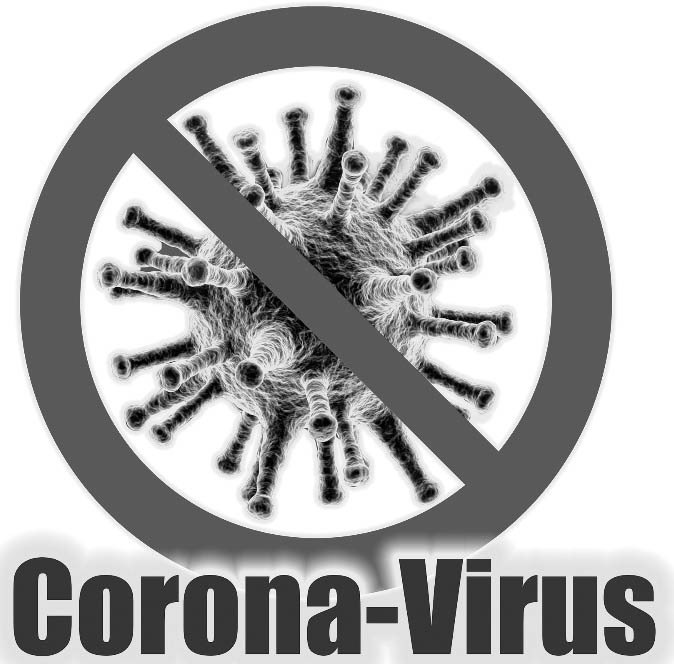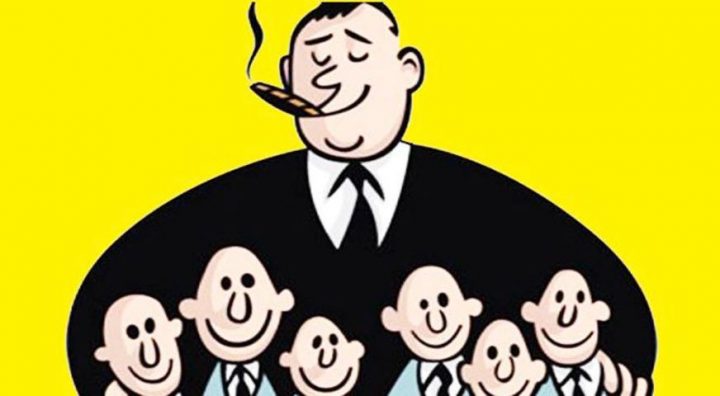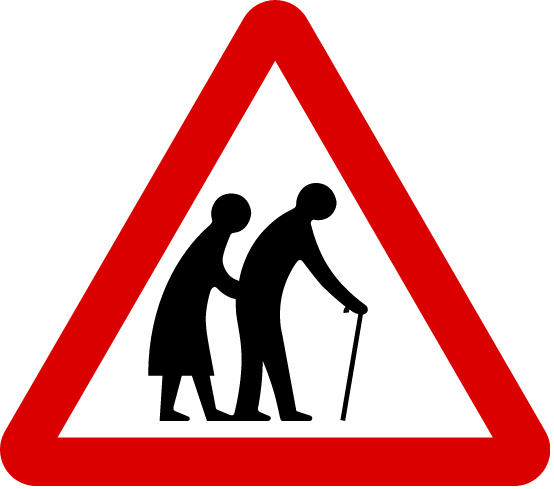Am I a workaholic?

Work addiction as a process
Work addiction develops just like other forms of addiction, progressively.
Fassel (1990) distinguishes three phases of the development of workaholism:
1) initial phase,
2) critical phase,
3) chronic phase.
1. Initial phase
A person constantly thinks about work, she works overtime regularly and refuses to change her lifestyle.
Danger creeps in very slowly. The endangered person starts working in secret, spends his free time, by reading publications on professional topics, he works in his spare time. Her life begins to be in a constant hurry. Her thoughts are increasingly focused on work, which leads to the deterioration of interpersonal relationships.
Neglecting your family and your own interests raises remorse, that the addict feels, though he does not admit to them ("I'm working for it, that my family does not lack anything, so that she can be happy, only then will I be happy too ").
There is also a strong contempt for these, who allow themselves to do something other than work, for example going to the movies, to concerts or to the theater. In this phase of pathology, obvious physical and mental disorders can already be observed.
Mild depressive states can also occur, unjustified anxiety or concentration disorders or fatigue, headache, stomach, cardiological and circulatory system disorders. Pracoholik, instead of taking these ailments to heart, passes over them on the agenda and more and more devoted to work. His energy seems inexhaustible to him.
2. The critical phase
The individual rejects emotional relations and social life. Her physical endurance is almost over, has sleep disturbances and memory lapses.
In this phase you can fix, whether we are dealing with real addiction to work, or whether a person prone to the risk of this disease abused only work as a "drug".
If the addiction is getting worse, the unit continues to run. There is a phenomenon similar to that of alcoholism: an addict after drinking one glass cannot resist drinking another one.
At this point, the workaholic begins to find excuses for his "mania" for constant work. Unsuccessful attempts to limit activities by setting time frames and plans for the day expose his weakness.
Only new job offers can save him from self-pity and a sense of uselessness in a situation of no pressure.
Admiration or compassion at the workload allows him to bear the guilt and strengthen his self-esteem.
At the same time, his aggression and impatience towards his colleagues visibly increase. They make themselves known: high pressure, ulcers, depression, which are already ripe for medical intervention. In view of this situation, a break in’ work becomes a logical necessity, however, the true causes of the symptoms remain untreated, and even invisible.
3. The critical phase
In this phase, the addict does not stop working until late at night, on weekdays and holidays.
The workaholic treats his colleagues more and more ruthlessly and unfairly, who do not share his style of work and choose not to completely give up their private life. It only functions thanks to professional life – therefore it organizes them like this, to be able to work without interruption. Dlatego zbyt mało śpi, he only needs three or five hours of sleep a night or he can do without it for several days.
The natural result of this is a significant decrease in the productivity of an individual, which in this phase begins to plunge into true despair.
Taking stimulant and sedative medications, alcohol and nicotine accelerate moral and social decline (it stimulates reflection, that an addiction to alcohol or drugs can also hide workaholism).
The final stages of this phase may be accompanied by serious somatic diseases and mental disorders: depression, ulcers, apoplexy attack, heart attacks. Unfortunately, as some studies have shown, workaholics cannot break away from work, even if they are chained to a hospital bed. Persons, who have entered this stage of addiction, they are even in danger of losing their lives.
Am I a workaholic? – Test








